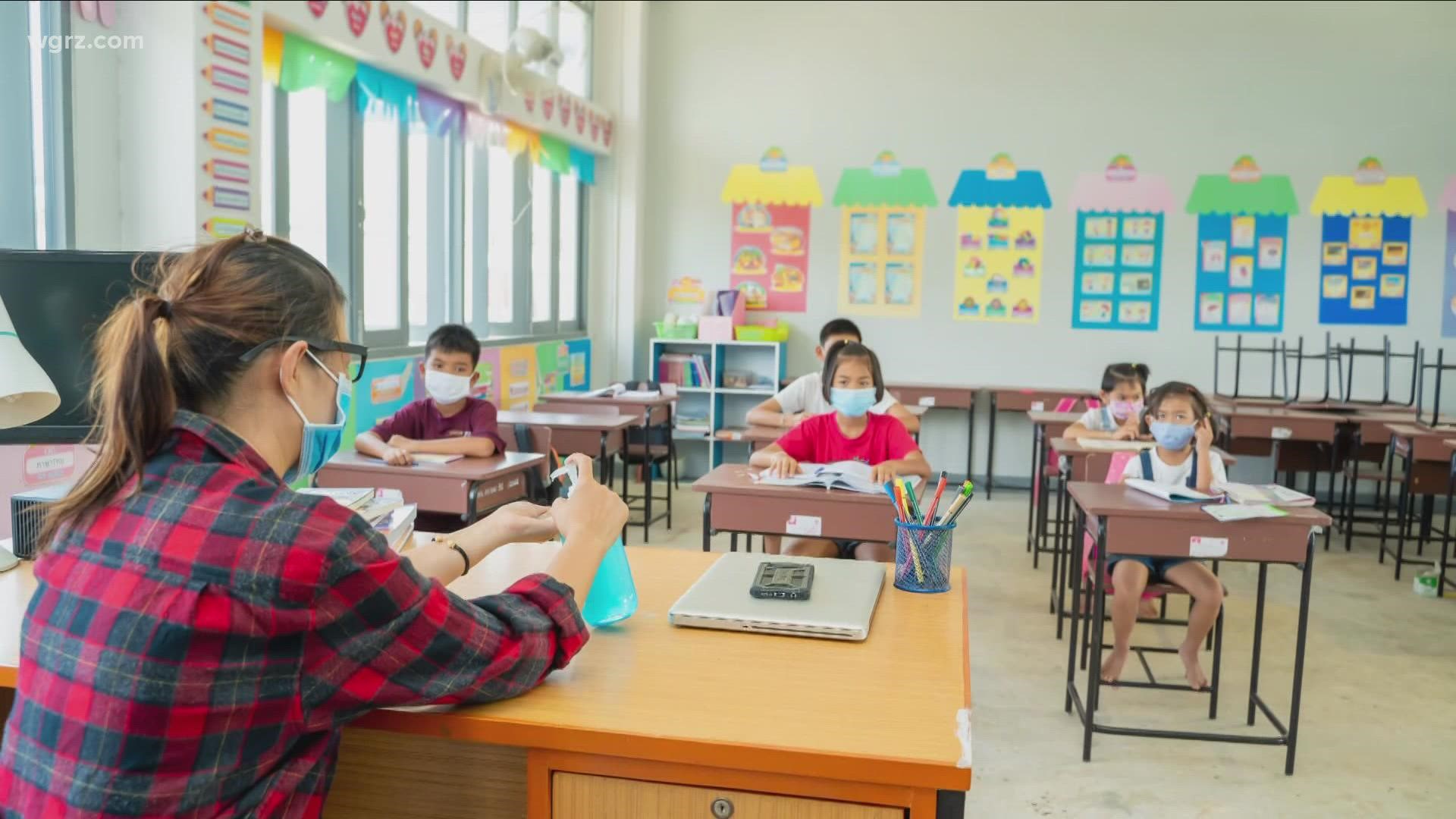BUFFALO, N.Y. — As people across Westerns New York prepare to send their children back to school, some realize their children are a little anxious about the school year. There are ways to make sure parents and students are able to navigate the many challenges that may come up.
Lisa Oviatt is the social work program coordinator with Catholic Charities. She told 2 On Your Side's Karys Belger it's important to look out for small and big behavioral changes.
A normally outgoing child suddenly going quiet, loss of appetite or even a complete emotional meltdown are all things to look out for.
Oviatt said first, you should let your child know their feelings are valid and normal, sharing your own feelings about the situation will help, and it may make it more likely for your child to open up about how they’re feeling.
If you have a child who is more introverted, then try doing an activity to help make them comfortable and ask them how they’re feeling while they’re somewhat distracted. Making sure to be present will be a key part of recognizing and addressing concerns.
"We’ve been living in a pandemic now for a year and a half and I feel like the new norm is uncertainty so there’s no quick fix to anything because we don’t know what’s coming next," Oviatt said. "We thought we were going back to school five days and we thought we were gonna have no masks and here we are wearing masks and there are still remote options. So I wouldn’t expect anything to be a quick fix, just to keep an eye completely on your child as things keep changing."
Oviatt explained you should make sure you’re in constant communication with your child’s school and coming up with a plan to address concerns and even staying in touch with a school counselor or social worker to help monitor your child’s progress.
You also cannot leave yourself out of the equation either. Oviatt said you should be talking to someone just like your child is because kids pick up on that anxiety and if you aren’t taking steps to work through your hesitation, you cannot expect your child to be willing to do so.

